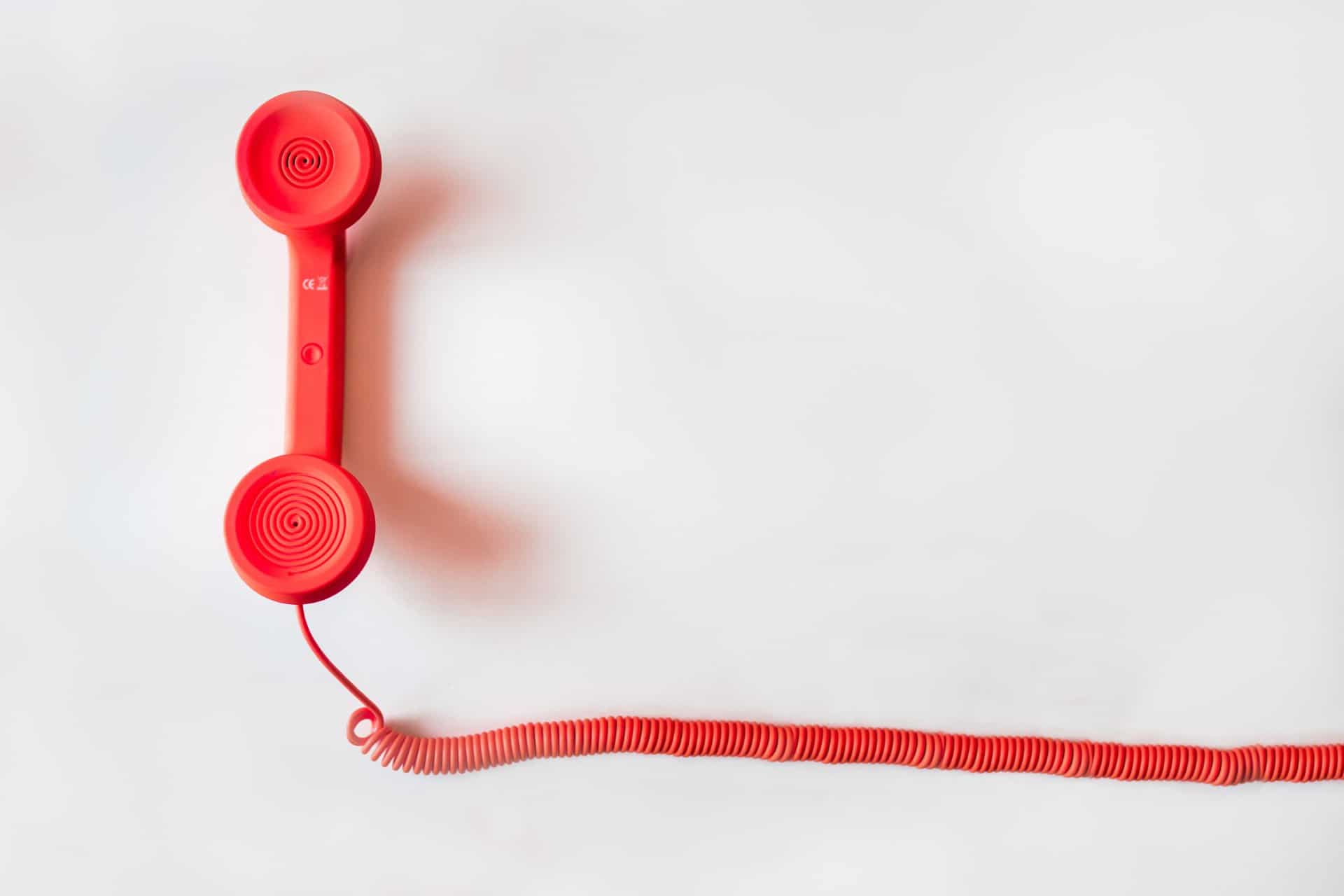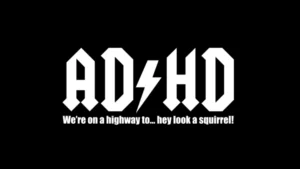Mental Health First Aid is something I hadn’t heard of until a couple of years ago, but when I did, it made perfect sense. I’d been around plenty of people who had needed that metaphorical sticking plaster for their mind until such times as they could seek professional help, but I hadn’t considered there was a name for this kind of help.
As soon as I found out this was an actual, real thing, I knew I had to train to become a Mental Health First Aider. I can’t think of many things in life that I’ve immediately known I had to do. I knew from experience that I could help people in crisis, and I wanted to formalise that skill and learn if there was anything more I could be doing.
As is so frequently the case, people who have experienced their own mental health issues often want to reach out to help others who are struggling with their own mental ill-health. However, the perceived stigma surrounding mental health leaves people feeling unable to seek help when they need it. People end up fearing being judged and discriminated against. And not just by others, but by ourselves too. We do after all, tend to be our own worst critics.
But it’s something that we all have. It’s like physical health. It can be excellent, or it can be horrendous. Or it can be anywhere in between. Be it good or bad, we’re stuck with it.
Opening up about your own mental health isn’t for everyone, and nobody should ever feel forced to do so. However from personal experience, I found it incredibly empowering. Every time someone speaks openly about their mental wellbeing, they make it a little easier for the next person to speak out and seek help for theirs.
Today I want to talk to you about the role of a Mental Health First Aider (MHFA). Many people still don’t know such a thing exists, or if they do, they don’t know what exactly we can do for them. So here’s a bit about us, and how we can help you.
Just like physical First Aiders, MHFAs have to attend a training course and are assessed in order to gain certification. This is the FAA (First Aid Awards) Level 3 Award in Supervising First Aid for Mental Health (RQF) / SCQF Level 6 Award for Leading First Aid for Mental Health.
The aims of First Aid for Mental Health are to:
- Preserve life where a person could be a danger to themselves or others
- Alleviate suffering by providing immediate comfort and support
- Prevent the condition from developing into a more serious problem
- Promote recovery of good mental health by signposting and obtaining professional support.
Roles and responsibilities of the MHFA:
- The main point of contact for anyone who is going through some form of mental health problem
- Identifying the early signs and symptoms of mental ill-health
- Start supportive conversations with people experiencing a mental health problem
- Listen non-judgmentally and provide reassurance
- Assess the risk of self-harm and suicide
- To signpost and encourage appropriate professional support
- Reduce the stigma attached to mental health and promote awareness
- Summon for the appropriate emergency services if necessary
- To maintain confidentiality and to provide an ongoing supportive working environment
So there’s just a few reasons to speak to your friendly workplace MHFA! We’re impartial, we want to help you. We don’t do this for fun. We do it because we genuinely care, and we’re passionate about helping people.
Aside from the fear of being judged or discriminated against, another common barrier to someone asking for help, is not knowing how to start a conversation about how they’re feeling. And what I would say to that is simple – if you’re going to talk to a MHFA, you don’t have to worry about any of that, like you might with family or friends. We do this because we want to help. We’re waiting to hear from you.
I’ve had people call me, text me, email me, and break down right in front of me. However you’re comfortable talking to us, we’ll do our best to accommodate you. It’s common for people to not be able to physically force the words out of their mouths. And sometimes it can be a struggle to even type them. It might be something you save as a draft text or email, and send later once you’ve talked yourself into it. Whatever works for you. That’s the important part here!
As for what to say, again, we’re waiting to hear from you. You can be as direct as saying “I’m struggling”, “Can we have a chat?”, “I’m not having a great mental health day”. You don’t have to overthink it. You can give us the headline in one sentence if that’s all you feel up to, and we can take it from there.
Whatever the issue, MHFAs are there to listen without judgement. We’ll help in whatever way we can. As always with everything mental health – you’re not alone, and you’re not a burden. If you need help, please do reach out.
If you don’t have any MHFAs in your organisation, and you need to talk to someone, there are lots of other resources available to you. Here are just a few of them:
- Samaritans: call 116 123
- NHS 24’s Mental Health Hub: call 111
- Breathing Space: call 0800 83 85 87
- Shout Crisis Text Line: text “SHOUT” to 85258
- Call 999 or go to A&E if you don’t feel you can keep yourself or someone else safe
Also, if you think you’d like to become a MHFA, I would highly recommend it! I’d heard from others that the training could be quite hard going (in an emotionally draining kind of way). I didn’t find that to be the case at all. I thoroughly enjoyed it! Knowing that I was doing something to benefit others was incredibly fulfilling and empowering.
For me, it really helped me to see how I can encourage others to normalise talking about mental health, and taught me a lot about talking about suicide. Yes, talking about these issues can feel awkward, and clumsy, and people often worry about saying “the wrong thing”. However by educating ourselves, we create a more open and accessible space for people to open up and ask for the help they need.
I don’t do this for the warm, fuzzy feeling of knowing I’ve helped someone. Personally, as a career empath, I don’t get that. I do this because I hate the idea of anyone suffering in silence. I do this because there is always someone out there who cares what happens to you – you maybe just haven’t met them yet.
Take care and stay safe 🙂
Debi <3




